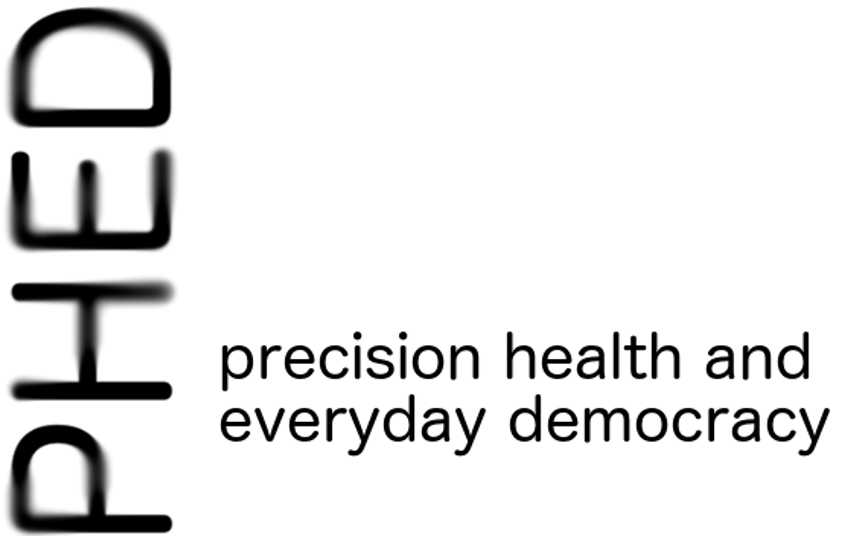Session 1 – Ensuring equal access to health: lessons from Covid-19. Held 27th October 2020
Lina Al-Nahar, Founder and project leader of Artcovid and research assistant at the Faculty of Medicine, Lund University
Solvig Ekblad, Professor of Multicultural Health and Care Research at Karolinska Institutet and licensed psychologist at the Academic Primary Health Care Center in Stockholm, Sweden.
Lina al-Nahar’s presentation addresses unequal health, exclusion and the importance of accurate communication/information. Lina is the founder and project leader of Artcovid, an interprofessional working group for adjusted health information regarding Covid-19. During the spring the Public Health Agency of Sweden had the responsibility to keep the population informed regarding the virus but not everyone had the possibility to adapt to the recommendations. Lina saw the need for adjusted information to some populations. Her work has developed collaborations between different professions in both Lund, Gothenburg and Stockholm. Lina is also a research assistant at the Division of Occupational and Environmental Medicine of Lund University. She has been interviewed in Swedish newspapers such as Sydsvenskan, Expressen, Dagens arena as well as Radio Sweden.
Solvig Ekblad presents her ongoing project “Protective measures against Covid-19: A Qualitative study of barriers and own strategies in vulnerable areas and evaluation of participation of participants in a revised and meaningful information on infectious disease”. Solvig has vast experience, among others working as a group leader at the Stress Research Institute, as guest professor at Malmö University and co-directing the two-week Harvard course “Global Mental Health: trauma and recovery”. She has a long list of publications and many international collaborations. She is a member of the “Right to Care Initiative” and has engaged in the debate regarding migrants and health in society, with various articles published in Swedish national newspapers and the Swedish Physicians’ Magazine (Läkartidningen).
Session 2 – How Institutional Racism Damages Migrants’ Health and Conceptual unclarity about Covid-19 ethnic disparities in Sweden – implications for health policy. Held November 16th 2020.
Anna Bredström, Linköping University
Frances Webber, Institute of Race Relations, UK
Frances Webber’s talk How Institutional Racism Damages Migrants’ Health will present the Institute for Race Relations’ (IRR) submission to the Permanent People’s Tribunal hearing on violations of migrants right to health which took place in Berlin in October 2020. Webber is a UK-based human rights lawyer whose work with the Institute of Race Relations (IRR) stretches over several decades. She is the author of Borderline justice: the fight for refugee and migrant rights (2012) as well as numerous papers including co-authoring Unwanted, Unnoticed: an audit of 160 asylum and immigration-related deaths in Europe (2015).
Anna Bredström presents her article-in-progress called Conceptual unclarity about Covid-19 ethnic disparities in Sweden – implications for health policy. Analyzing the discourse around ethnic difference in relation to Covid-19, she will focus on how these differences are interpreted differently by experts and others in decision-making positions, and what these different understandings of ethnic health disparities may have for handling the pandemic. The talk relates both to precision medicine and the discussion around multicultural health care and equal health.
Session 3 – Health equity during Covid-19: experiences from regional policy advisers and civil society. Held November 23rd 2020.
Mia Sandor, MSc Public Health, Centre of Excellence Migration and Health of Skåne Regional Council
Micaela Nilsson, Pediatric Nurse, Centre of Excellence Migration and Health of Skåne Regional Council
Nicolas Lunabba, head of the youth organization HelamalmöSeminar topic
The organization Helamalmö hosts one of Malmö’s largest meeting places for the city’s youth. Aiming for a socially sustainable society their work has been widely acknowledged in the past years and said to have contributed to increased sense of safety in the area Nydala. During the pandemic, Helamalmö’s meeting place closed down and reorganized to aid the neighborhood’s risk group. Nicolas Lunabba, head of the organization, will address their work in his presentation.
As part of Skåne Regional Council focusing on issues around migration and health in health care, Mia Sandor and Micaela Nilsson will share the centre’s experiences and lessons regarding activities and strategies for covid-19. The Centre of Excellence Migration and Health is part of Skåne Regional Council with the task to strengthen knowledge about issues related to migration and health for health care employees and to promote migrant-inclusive health care.
Session 4 – Housing inequality and civil society during Covid-19. Held December 8th 2020.
The fourth seminar on lessons from Covid-19 invites Martin Grander, Urban Studies researcher at Malmö university and Louise Dalingwater, professor of British politics at Sorbonne University. Topics of the seminar:
1) How inequalities in housing affect the pandemic and how the pandemic aggravates housing inequality. Martin Grander shares his recently published work for the Delegation Against Segregation (Delmos) on the importance of housing and the divergent effects of prevailing housing inequality during Covid-19. Many households with good finances have been able to look for homes with access to a garden or secondary housing in rural areas as a result of more extensive work from home and canceled holiday trips. In the other end, people in households with weak finances are more overcrowded and have difficulty avoiding the infection both at work and in the home environment. The consequences of these disparities will be addressed in the seminar. You can read more about the research here.
2) Grass roots organizations and marginalized migrants in the UK and France Louise Dalingwater is a member of the Precision Health and Everyday Democracy network. She will share the role of civil society in ensuring provision of health and social care to marginalized migrants during Covid-19 and the obstacles they encounter in their work. Her examples will be mainly from France and the UK. The presentation is a result of reflections which emerged in a research project currently underway with PHED members Michael Strange, Elisabeth Mangrio and Slobodan Zdravkovic, which examines the multi-level coherence with respect to acknowledging the situation of marginalized migrants.
